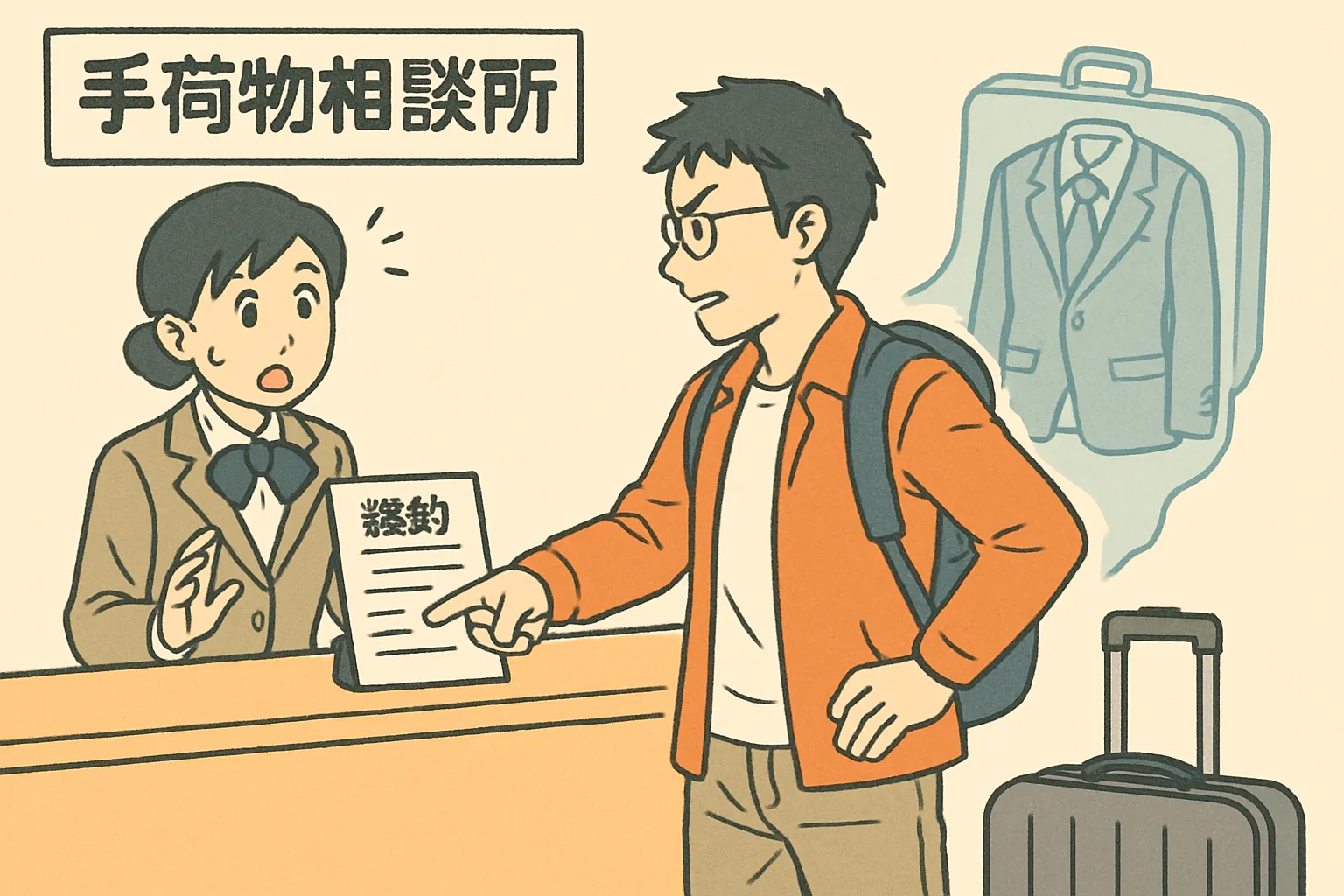K-Drama Fate vs. Your Choice: Can They Coexist?
Hello! Welcome to [Maeil Hangeul], your daily boost for leveling up your Korean skills!
Have you ever watched a K-drama and screamed at the screen, “Don’t go in there! It’s a trap!”? You know the character’s fate seems sealed, but you desperately hope their choices can change it. This clash between a set destiny and personal choice is a huge theme in storytelling and philosophy.
Today, we’re diving into a fascinating C1-level topic: the debate on compatibilism (양립가능론). Can free will and determinism truly coexist? This isn’t just for philosophy class; you’ll see this debate play out everywhere in modern Korean culture. Lately, webtoons and dramas like the hit fantasy-romance “시간의 메아리” (Echoes of Time) are making everyone in Korea talk about whether we are masters of our own fate or just actors in a pre-written script. Let’s learn how to join that conversation!
Core Expressions for Your Philosophical Toolkit
Here are three essential expressions to help you navigate this complex and exciting topic.
1. 양립하다 (yang-nip-hada)
- English Meaning: To be compatible; to coexist.
- Detailed Explanation: This is a formal, Sino-Korean word (한자어) perfect for debates, essays, and serious conversations. It’s formed from 양 (兩) meaning “both” and 립 (立) meaning “to stand.” So, it literally means “both can stand together.” You use it to say that two seemingly contradictory ideas or things can exist at the same time without conflict.
2. -에 달려 있다 (-e dal-lyeo it-da)
- English Meaning: To depend on; to be up to (someone/something).
- Detailed Explanation: This is the ultimate “free will” expression! It emphasizes that the outcome is not fixed and is contingent on a specific factor, often a person’s choice or effort. You attach it to a noun. For example, “성공은 노력에 달려 있다” (Success depends on effort). It’s a very common and versatile phrase used in both casual and formal settings.
3. 어차피 (eo-cha-pi)
- English Meaning: Anyway; in any case; as it was going to happen regardless.
- Detailed Explanation: This adverb carries a strong nuance of determinism or fatalism. It implies that no matter what you do, the end result will be the same. It’s often used to express resignation, but it can also be used to say “might as well…” For example, if you’re going to be late anyway, you might say, “어차피 늦었는데 그냥 천천히 가자” (We’re going to be late anyway, so let’s just go slowly).
Example Dialogue: K-Drama Debate
Let’s see how two friends might use these expressions while discussing the finale of the popular drama “시간의 메아리” (Echoes of Time).
A: “‘시간의 메아리’ 마지막 회 봤어? 결국 주인공이 미래를 바꾸지 못했네. 어차피 정해진 운명이었나 봐.”
(Did you see the final episode of ‘Echoes of Time’? In the end, the main character couldn’t change the future. I guess it was a fixed destiny anyway.)
B: “글쎄, 난 좀 다르게 생각해. 비록 큰 흐름은 못 바꿨지만, 그 과정에서 주인공이 한 선택들이 주변 사람들을 구했잖아. 결국 행복은 자기 선택에 달려 있다는 메시지 아닐까?”
(Hmm, I see it a bit differently. Even though they couldn’t change the big picture, the choices the character made along the way saved the people around them. Isn’t the message that happiness depends on your own choices?)
A: “하긴. 그럼 정해진 운명과 개인의 자유의지가 서로 양립할 수 있다는 거네. 와, 되게 심오하다.”
(That’s true. So you’re saying a fixed destiny and an individual’s free will can be compatible with each other. Wow, that’s pretty deep.)
Culture Tip & Trend Deep Dive
Is Your MBTI Your Destiny?
The concepts we learned today are surprisingly relevant to one of Korea’s biggest trends: MBTI. It’s more than just a personality test; it’s a cultural phenomenon.
You’ll often hear young Koreans jokingly use their MBTI type to explain their actions in a deterministic way. For instance, someone might say, “어차피 저는 ENFP라서 즉흥적으로 여행을 떠나야 해요!” (“Since I’m an ENFP anyway, I have to go on a spontaneous trip!”). It’s a fun way to use a “fixed” trait (determinism) to justify a personal choice (free will).
This playfully mirrors the compatibilist debate. Is your MBTI a fixed script you’re destined to follow, or is it just a tool that helps you understand the choices you’re already making? Most people would agree it’s the latter. They believe their personality type and their free will can 양립하다 (coexist). The outcome of their life isn’t determined by four letters, but 자신의 노력에 달려 있다 (depends on their own effort).
So next time you discuss MBTI with a Korean friend, you can drop this philosophical take and sound like a true insider!
Wrap-up & Practice Time!
Today, we tackled the big question of whether fate and choice can go hand-in-hand, using three powerful Korean expressions: 양립하다, -에 달려 있다, and 어차피. You’re now equipped to have deeper, more thoughtful conversations in Korean!
Ready to test your skills?
- Fill in the blank:
모든 것이 운명이라고 말하는 사람도 있지만, 저는 미래는 우리의 선택__ _________고 믿어요.
(Some say everything is fate, but I believe the future ___________ our choices.) -
Your Turn!
In your opinion, can free will and determinism be compatible? (자유의지와 결정론은 양립할 수 있다고 생각해요?)
Share your answers in the comments below using the expressions we learned today. We’d love to hear your thoughts! Keep up the amazing work






